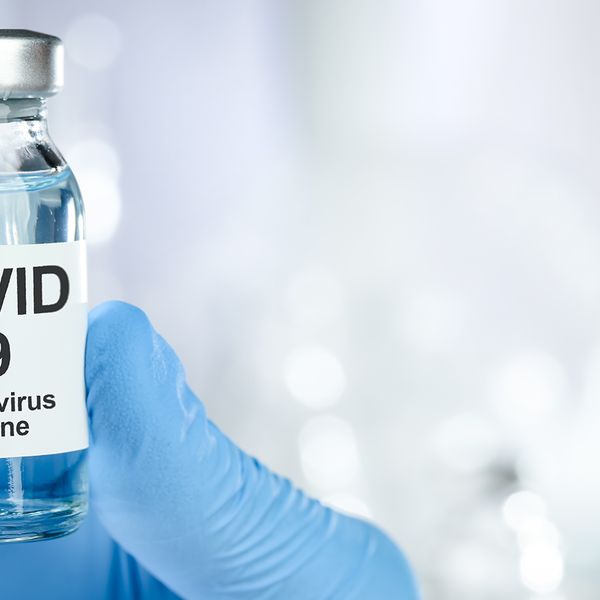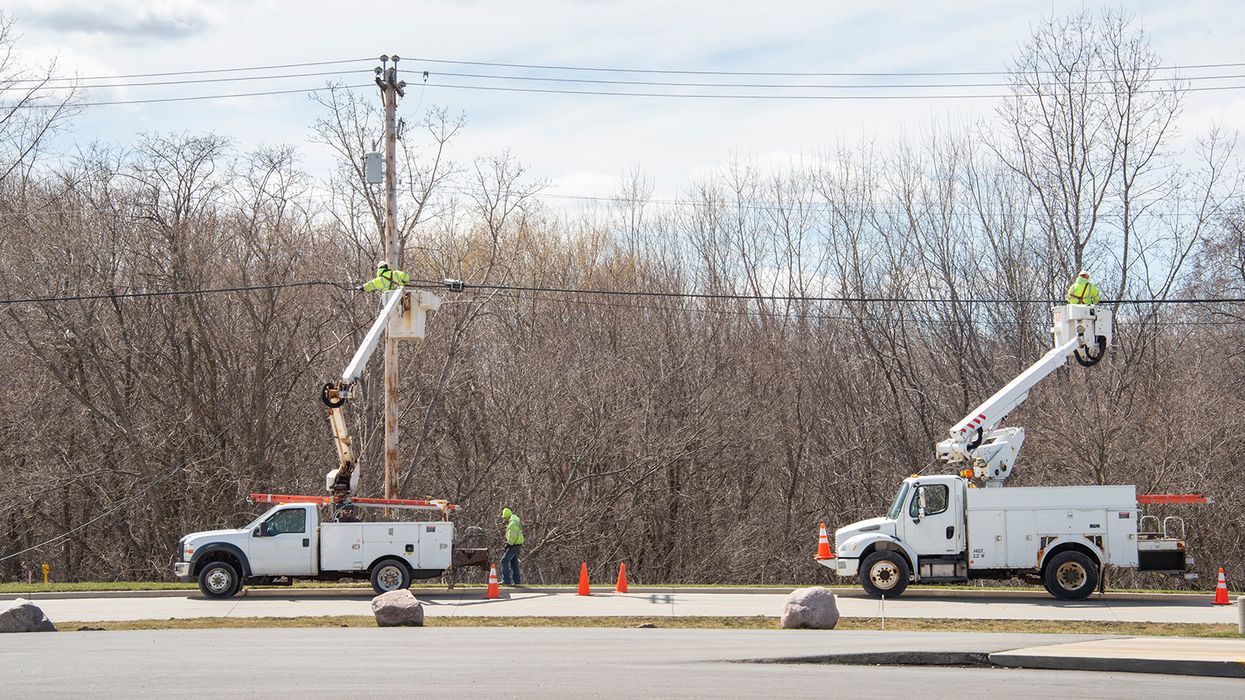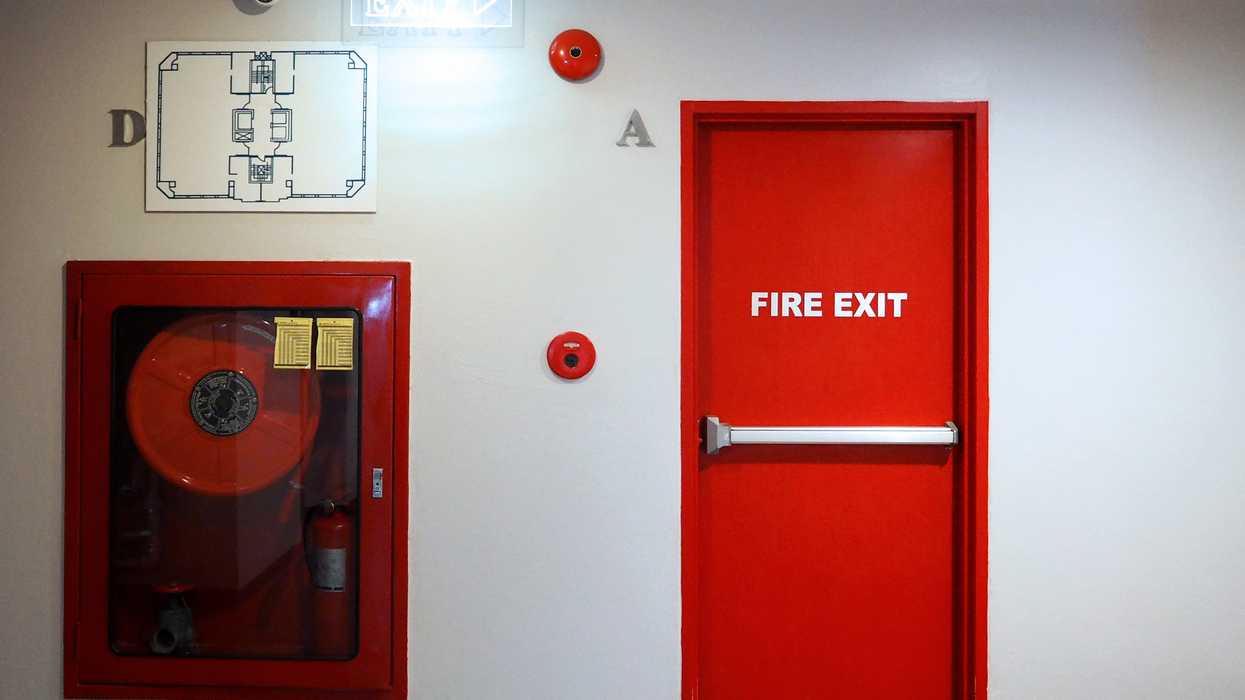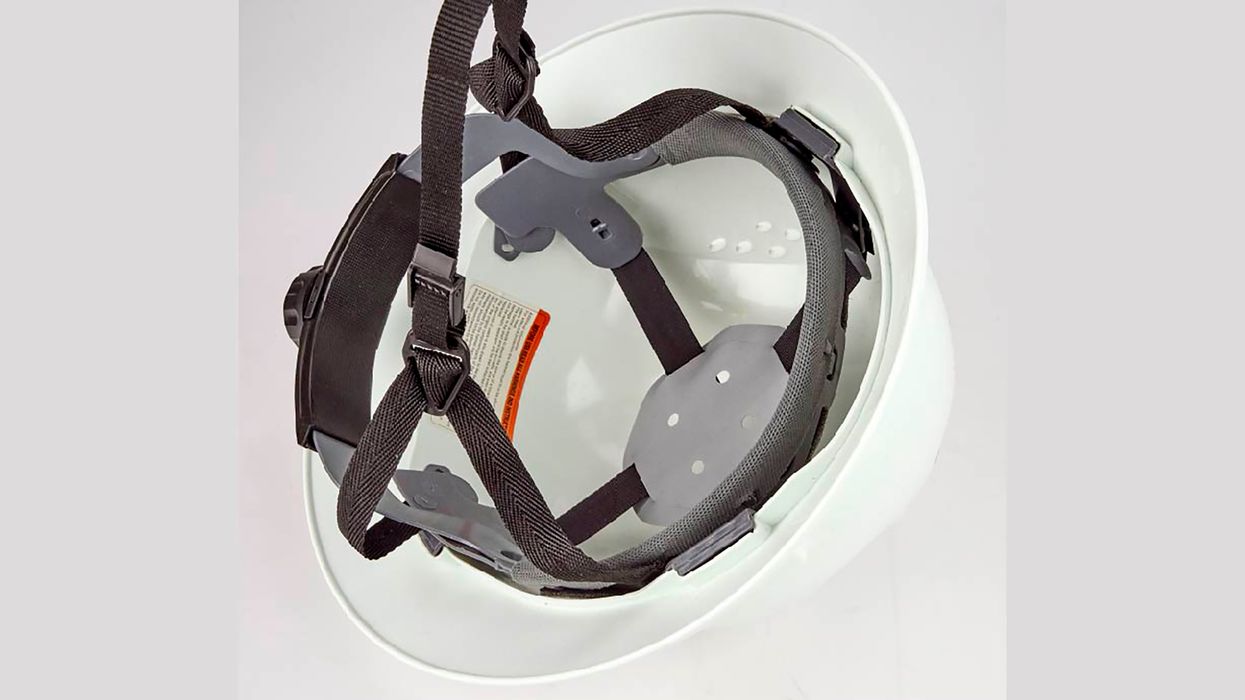In certain situations, employers can claim “undue hardship” when it comes to workplace accommodations under the federal Americans with Disabilities Act (ADA). An undue hardship occurs when providing the particular accommodation would result in significant difficulty or expense, based on a company’s resources and business operations. One employer learned how this defense can work to its benefit.
On November 15, 2022, Sara, an employee, was diagnosed with cancer. She told her supervisor, John, of her diagnosis and that surgery was scheduled for December 6. She requested leave under the federal Family and Medical Leave Act (FMLA) from December 6 to February 27, 2023, and the employer approved it.
On January 23, Sara requested more leave, and the company approved non-FMLA leave from February 28 to May 28.
Sara made a third request for leave on March 22, and the employer approved it and extended her non-FMLA leave until August 6.
On June 8, Sara made a fourth request for leave until September 10 — nearly 9 months of total leave.
Upon receiving this request, John met with other company executives, where they discussed:
- The company’s needs,
- The continued viability of holding Sara’s position open, and
- The possibility that Sara could make even further requests for leave extensions.
The executives ultimately concluded that this fourth request would cause the company undue hardship. Consequently, on June 21, the employer denied Sara’s fourth request for leave.
After learning about the denial, Sara talked to the company leaders and assured them that she could return to work on September 10. Based on this, the company decided to grant the latest round of leave.
On August 29, however, the company’s in-house counsel contacted Sara’s attorney to ask whether she would be returning to work. She responded that she wouldn’t. Accordingly, the company terminated her on September 8.
Sara sued, claiming that the employer failed to accommodate her under the ADA when it denied her fourth leave extension.
Even though the employer changed its mind on the denial, the court found that the facts supported the employer’s undue hardship defense. The employer had reason to doubt that Sara would return on September 10, since she had given a return date with each extension. If Sara’s absence continued past August, the company wouldn’t be able to meet its end-of-year demands.
Sara argued that she needed only 33 days of leave and had a definite return date. Courts, however, look at the total amount of leave when considering whether a request for more leave is reasonable. If employers were to consider only the most recent request for additional leave, employees could simply keep requesting leave in one-week or one-month increments in the hopes that such requests, standing alone, would be reasonable. Sara’s leave spanned more than 9 months, which the court considered unreasonable.
Because the employer established an undue hardship defense, the court ruled in its favor.
Schmitt v. UMB Financial Corporation, District Court of Colorado, No. 1:24-cv-01900, January 7, 2026.
Key to remember: Courts can agree that repeated requests for leave extensions pose an undue hardship under the federal ADA, but employers have to be able to show it.






















































